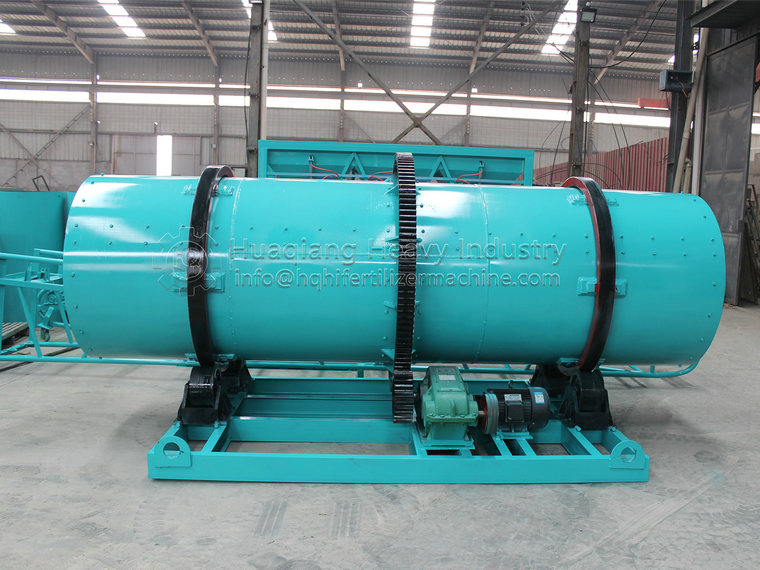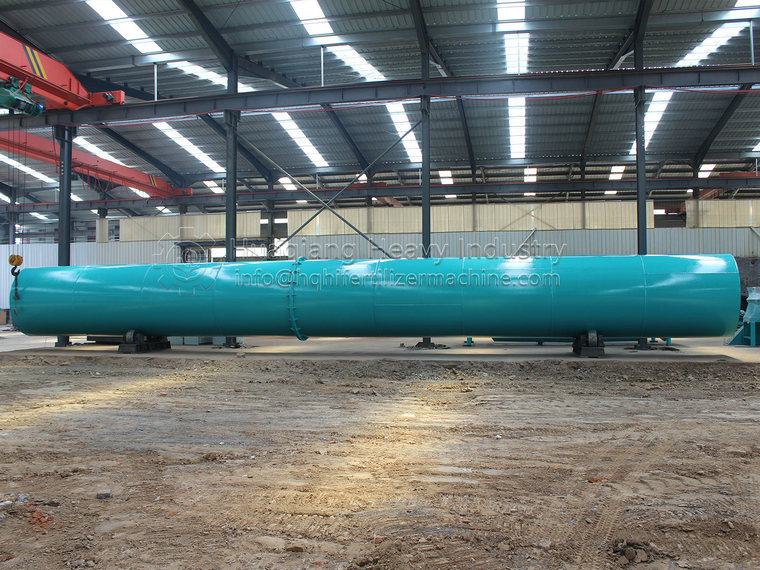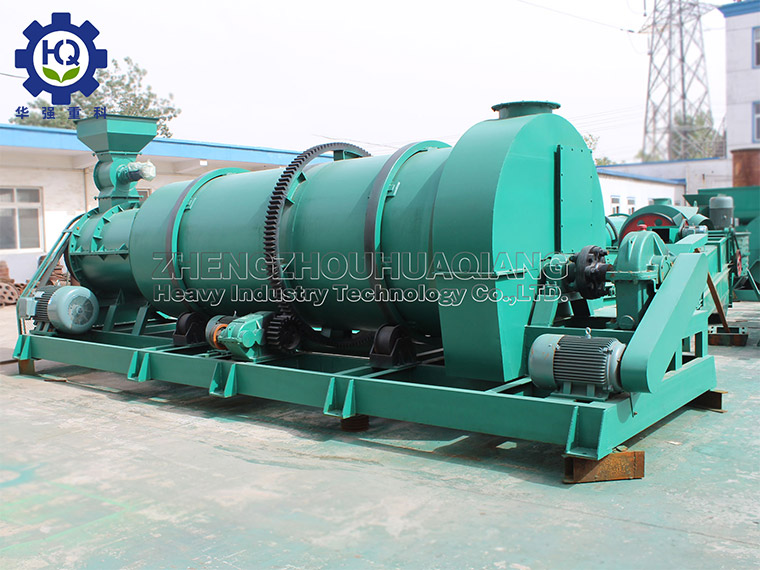In the NPK fertilizer processing industry, organic fertilizer granulators have demonstrated many remarkable and diverse advantages, bringing significant benefits to fertilizer production enterprises.
Firstly, the organic fertilizer granulator greatly improves production efficiency. The traditional NPK fertilizer production method often consumes a lot of manpower and time, and the yield is limited. Modern organic fertilizer granulators have the ability to operate at high speeds and continuously, capable of processing large amounts of raw materials in a short period of time and achieving large-scale production. For example, some large granulators can produce several tons or even tens of tons of NPK fertilizer per hour, greatly meeting the market’s demand for fertilizers.
Secondly, in terms of improving fertilizer quality, the organic fertilizer granulator has shown outstanding performance. It can fully integrate nutrients such as nitrogen, phosphorus, and potassium inside the particles, ensuring even distribution of nutrients. At the same time, by optimizing the granulation process, the produced particles have good physical properties, such as smooth surface, suitable hardness and strength. These characteristics help fertilizers to better disperse and dissolve in the soil, thereby improving nutrient release efficiency and providing crops with a more sustainable and stable nutrient supply.
Thirdly, organic fertilizer granulation equipment has strong adaptability. It can process organic raw materials from various sources, whether it is common livestock manure, compost, or some industrial organic waste, and can convert them into high-quality NPK fertilizers. This wide adaptability of raw materials not only reduces production costs, but also provides an effective way for resource recycling, which is in line with the concept of sustainable development.
Fourthly, from the perspective of operation and maintenance, the organic fertilizer granulator has convenience. The advanced automation control system enables operators to achieve full monitoring and control of the granulation process with simple settings on the console. Moreover, the structural design of the equipment is reasonable, easy to disassemble and maintain, reducing downtime caused by equipment failures and ensuring production continuity.
Finally, in terms of environmental protection, organic fertilizer granulators also make outstanding contributions. Through a closed production system and efficient dust removal equipment, the emission of dust and odors has been effectively reduced, improving the production environment. At the same time, converting organic waste into fertilizer reduces environmental pollution and achieves a win-win situation of economic and environmental benefits.
In summary, the diverse advantages of organic fertilizer granulators in NPK fertilizer processing make them a core force driving the development of the fertilizer industry.



.jpg)


.jpg)
.jpg)
